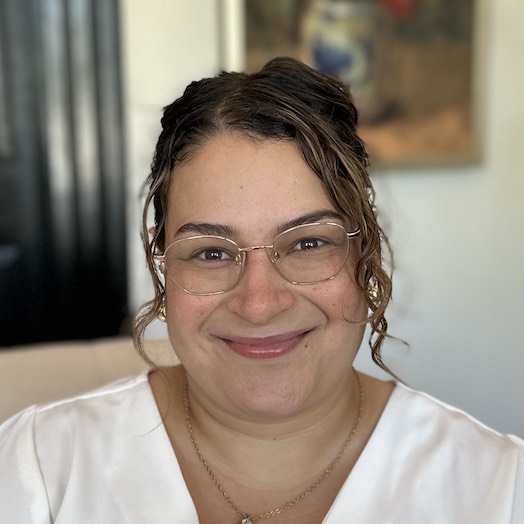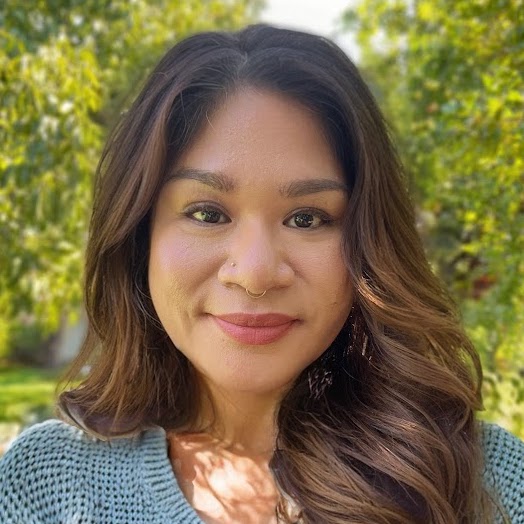
Losing a loved one can be very scary for children — especially if it is their first time experiencing this type of loss. As we grow older, we learn more about death and accept that it is a part of life, but children do not have this same frame of reference.
As a parent, you may worry about how your child will react to the loss of a loved one and how you can help them healthily process this event. The simple truth is that you cannot “protect” your child from the concept of loss, and they will have to experience it and work through it in order to understand the cycle of life. But this does not mean that you must leave them completely to their own devices during this time.
Today we’re going to talk about what you can do as a parent to help your child through this confusing and emotionally taxing time.
What Does Your Child Need During a Loss?
Before diving into more specific tips about how you can help your child cope with loss, it is critical to understand the three fundamental things your children need from you — especially in a time of confusion and sadness. These are care, continuity, and connection.
Children need these three things throughout their lives, especially while they are young and growing, but these three things become essential during a loss.
Care
One of the hardest things about loss is realizing that you will no longer be able to interact with that loved one. This can make children feel lonely or even abandoned, so you must show them they are still cared for. Whether this means giving them extra hugs or cuddles while they grieve or getting the help of family and friends if you are overwhelmed processing your own grief. The key here is to ensure that your child knows they are still cared for and feels looked after.
Continuity
While it may look like your child is at their happiest when they have nothing to do and can spend their time however they want, the truth is that children need structure. They need continuity and predictability. These concepts help ground them and create normal habits and routines that help your child make sense of the world around them.
After a loss maintaining continuity — especially in normal daily activities like school or responsibilities at home — is critical. So, try to maintain as many of these routines as you can, but understand if your child needs extra support, and be sure to communicate what has happened to their teachers so they can offer additional support at school where you cannot.
Connection
Finally, your child needs connection. When you lose a loved one, your family may feel incomplete. Your child may feel lonely, especially if the loved one was particularly close to them, and they may feel disconnected from the rest of the family as they process. But this is the time when connection is the most important. You need to show your child that they are still connected to you as well as the loved one who has passed on.
They need to understand that death is a part of life and that people we love will leave our lives, but that doesn’t mean we cannot still connect with others. Ensuring this connection is one of the hardest things to do during a loss because you are likely also feeling lonely, but cultivating this connection and love for each other can be one of the best ways for both of you to process and work through the loss.
How to Help Your Child Through the Loss of a Loved One
Now that you understand the basics of what your child needs from you during a loss, let’s get into some more specific ways that you can help your child through this experience.
Talk About It
Avoiding the topic will not help anyone — all it will do is teach your child to ignore their feelings. Talk about death with your child in simple and direct words. Be calm and caring when you tell your child that a loved one has died, and give them time to take in your words before continuing.
Be open if your children ask questions and tell them what to expect from the family, changes in their routine or life, and any other changes that may occur because of the loss. Talk to them about memorials, viewings, or funerals and tell them what they can expect from these events and how people will likely act. Also, explain what will happen after any services and answer any questions your child may have about these topics.
Listen and Provide Comfort
Everyone reacts in their own way to hear about the death of a loved one, and children are no different. Your child may cry, they may ask questions, they may even seem to not react at all. Any and all of these reactions are completely normal. Simply listen to their needs and provide comfort in the best way for them. Maybe this is hugging them. Maybe it is answering their questions. Or maybe it is simply being together for some time and processing.
It is okay to show your own emotions during this time as well. It is okay to show your child your own sadness about the loss. In many ways, this can be more helpful than putting on a brave face for them because that may make them feel like they must also hide their feelings.
Ask Them About How They Are Feeling
Your child may want to talk about their feelings, but they may not know how to start the conversation or where to begin. You can help them express their feelings by asking them how they feel and what they are experiencing.
If your child is having trouble expressing themselves, one way you can help is to express your own feelings. You have much more experience expressing your thoughts and feelings than your child does, and by putting your own feelings into words, you may be able to help your child find the right words to express their own feelings.
Give Them a Role
Sometimes being actively involved in something can help your child better understand what is happening. You can ask them to pick a song that will play at a funeral, wake, or memorial or gather some of their favorite photos of the loved one to be featured. It is important to not push your child to take part if they do not want to, but it is a good idea to give them the option to do so. If they want to take part, allow them to determine how they feel comfortable doing so, you can provide ideas, but remember to allow them to take charge of how they would like to take part.
Help Them Remember Their Loved One
Remind your child that just because a loved one has died does not mean that you need to forget about them or they cannot still influence your life. Share happy memories of your loved one with your child and encourage them to do the same. Help teach them that even when people leave our lives, they can still influence us and play a role in who we are and who we want to be. Encourage them to draw pictures, write stories, and share memories of the loved one, especially in the weeks after the loss.
Give Them Time
Grief is a process that takes time. So, give your child the time they need to process the loss and heal from it. Now, remember, healing does not mean forgetting about the loved one. It is simply learning to remember them with love and look back on all of the good memories that can still come with us as we move on in life. Keep in mind that giving your child time does not mean never talking to them about how they are doing. Check in with them often and ask how you can support them as they grieve.
When to Seek Therapy
If you notice that your child is not making any progress in recovery over a few weeks or the death was sudden, unexpected, or highly stressful, your child may benefit from therapy. A professional therapist can help your child understand what they are feeling and discover the best ways to heal from the loss and live their lives.
So, if you are worried about your child and are unsure of how to best help them through the grieving process, please do not hesitate to reach out to us at Love Heal Grow to get in touch with one of our therapists today.
























